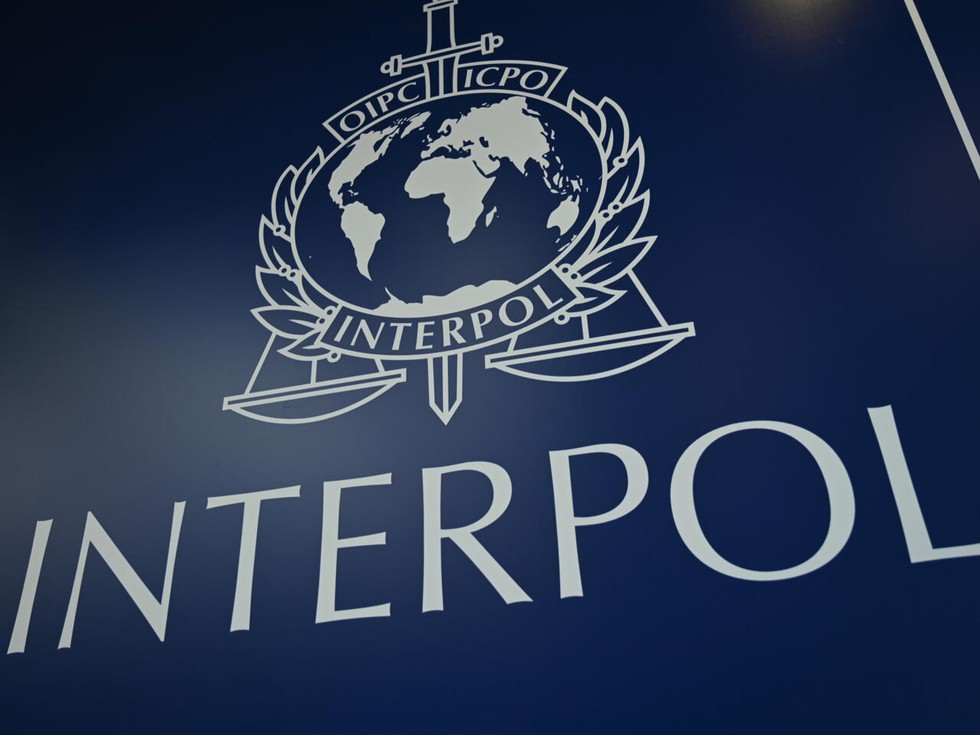About Interpol:
- The International Criminal Police Organization (INTERPOL), commonly known as Interpol, is an international organization facilitating international police cooperation against cross-border terrorism, trafficking, and other crimes.
- It is the world's largest international police organization, representing 195 member countries.
- It is headquartered in Lyon, France.
- Official Languages: Arabic, English, French, and Spanish.
- Status:It is ‘not’ a unit or part of a United Nations system. It is an independent international organization.
- It is often the first point of contact for many countries pursuing an international investigation. It does not actively investigate crimes.
- Governance:
- The General Assembly, consisting of one delegate from each member country, is Interpol’s supreme decision-making body.
- Interpol’s day-to-day operation is managed by a General Secretariat under the direction of a Secretary General, who is appointed for a five-year term by the General Assembly.
- An Executive Committee of 13 members, each representing a different region of the world, is appointed by the General Assembly at its annual meeting.
- The Executive Committee oversees the implementation of decisions made by the General Assembly and supervises the work of the secretary-general.
- National Central Bureau (NCB):
- It has an NCB in each member country, which is the central point of contact for both the general secretariat and the other NCBs around the world.
- Each NCB is run by police officials of that country and usually sits in the government ministry responsible for policing. (Union Home Ministry in India.)
- The Central Bureau of Investigation(CBI) represents Interpol in India as the country's NCB.
Types of Notices issued by Interpol:
- It issues 8 types of notices (7 of which are colour-coded) which are in the form of alerts/requests allowing police in member countries to share critical crime-related information.
- Red Notice:To seek the location and arrest of a person wanted by a judicial jurisdiction or an international tribunal with a view to his/her extradition. It is the "closest instrument to an international arrest warrant”.
- Blue Notice:To locate, identify, or obtain information on a person of interest in a criminal investigation.
- Green Notice:To warn about a person's criminal activities if that person is considered to be a possible threat to public safety.
- Yellow Notice:To locate a missing person or to identify a person unable to identify himself/herself.
- Black Notice: To seek information on unidentified bodies.
- Orange Notice:To warn of an event, a person, an object, or a process representing an imminent threat and danger to persons or property.
- Purple Notice: To provide information on modus operandi, procedures, objects, devices, or hiding places used by criminals.
- Interpol-UNSC Special Notice: To inform Interpol's members that an individual or an entity is subject to UN sanctions.
